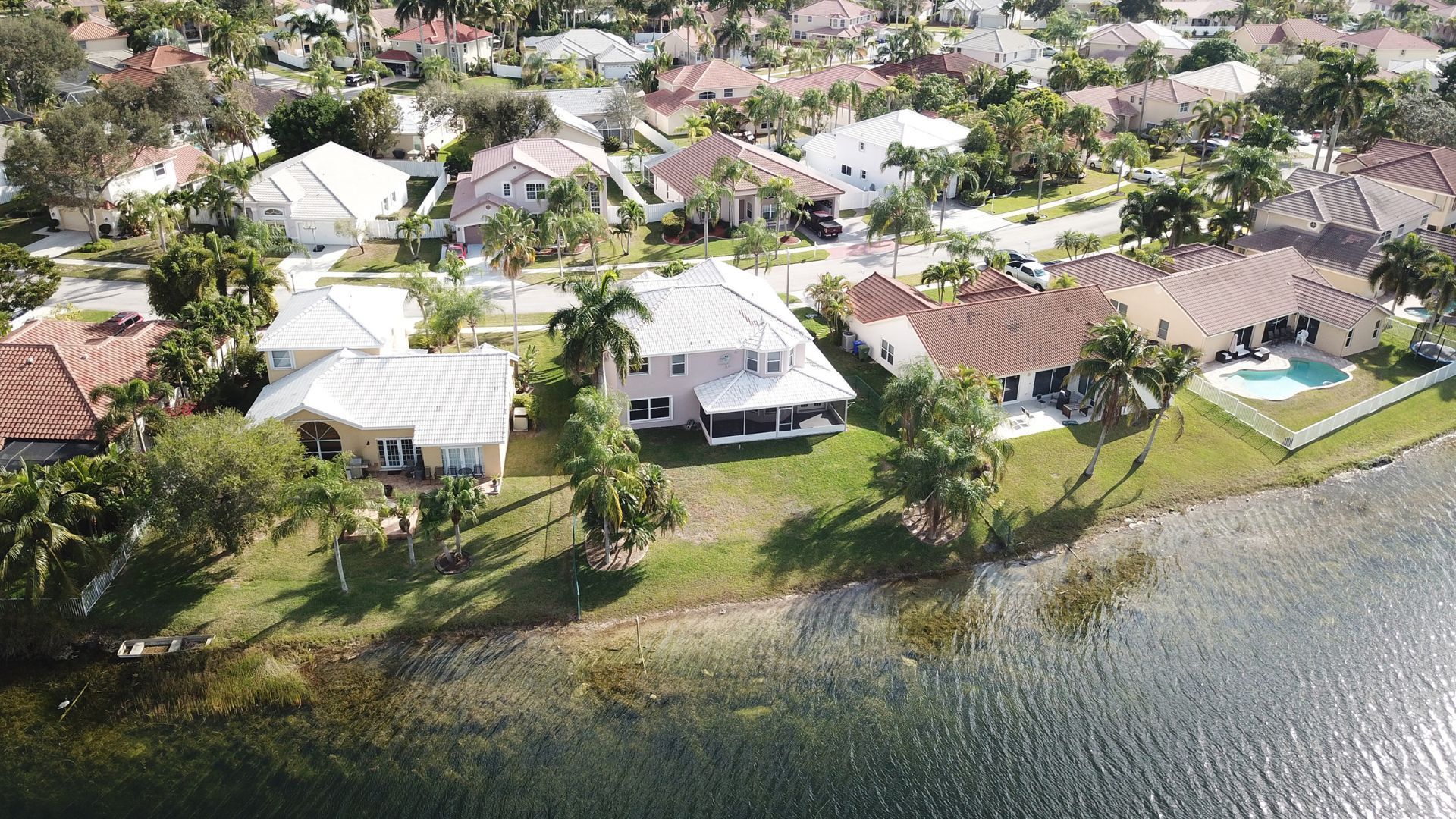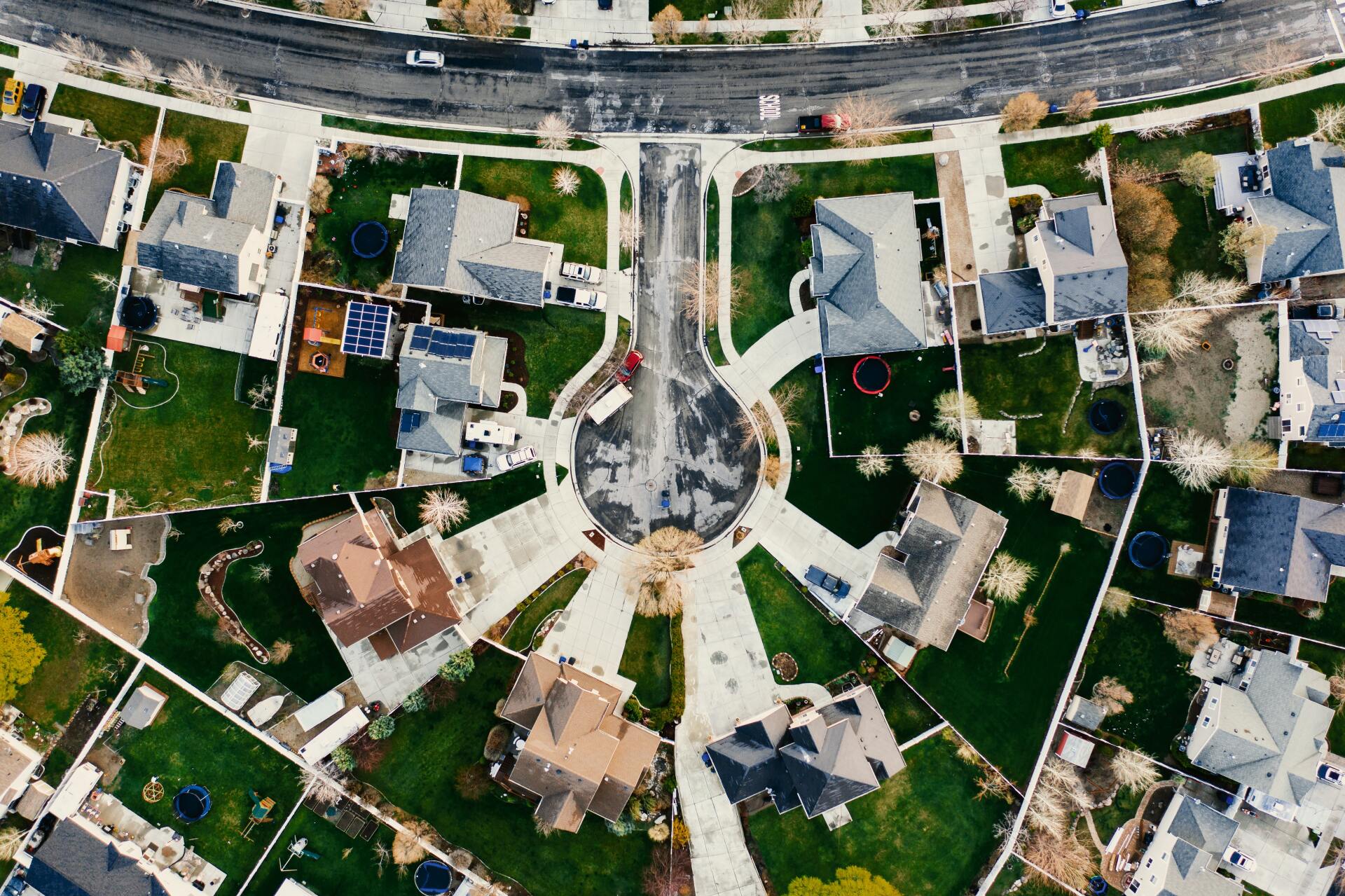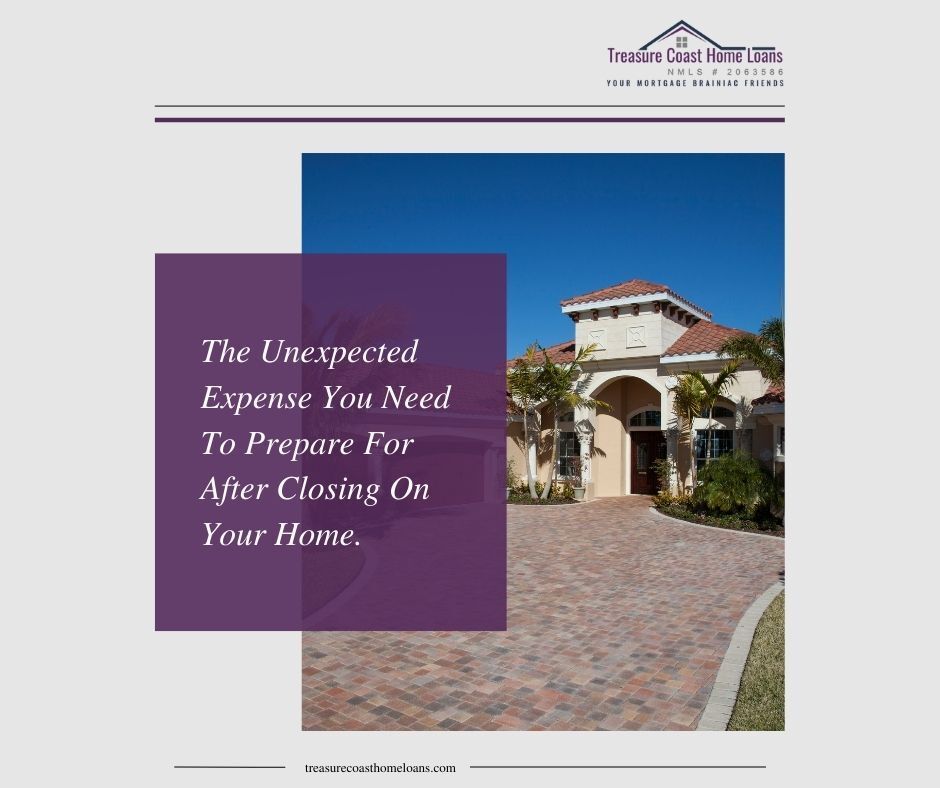When It Comes To Mortgage Rates…Don’t Leave For Tomorrow What Can Be Done Today…
There’s the old saying: don’t leave for tomorrow for you can accomplish today.
That sentiment rings true for mortgage rates as well.
The last two years we have seen historically low mortgage rates whether you are purchasing or refinancing.
Last week we saw a very slight up tick in mortgage rates.
Original Source:
Yahoo Finance
Mortgage rates stay under 3% as delta rages, but experts see higher rates ahead
The ongoing wave of COVID delta variant infections has become a giant weight holding mortgage rates down.
Rates across the country’s most popular mortgage types have remained historically cheap for another week, at levels that are relatively close to their all-time lows, according to a long-standing weekly survey.
Homeowners have been given more time to refinance and cut their monthly payments. But it could be a mistake for borrowers to hold out for even lower rates, amid signs the economy may be doing OK despite delta.
The interest rate on a 30-year fixed-rate mortgage, the most popular type of home loan in the U.S., averaged 2.87% last week, mortgage giant Freddie Mac reported on Thursday. That's not too far above the record low of 2.65%.
Despite the ongoing COVID uncertainty, rates last week were up just a smidge from the previous week's 2.86%. One year ago, rates were averaging 2.91%.
"The tug-of-war between the economic recovery and rising COVID-19 cases has left mortgage rates moving sideways over the last few weeks," says Sam Khater, Freddie Mac's chief economist. "Overall, rates continue to be low, with a window of opportunity for those who did not refinance under 3%."
And there could be a fair amount of those homeowners out there. Digital real estate platform Zillow recently found that a mere 22% of eligible mortgage holders refinanced to take advantage of sunken rates available between April 2020 and April 2021.
Almost half those who took out refi loans over that period are now saving $300 or more a month, Zillow says.
15-year mortgage rates
The average rate on a 15-year fixed mortgage also experienced a microscopic increase, ticking up from 2.16% to 2.17% last week.
The typical 15-year rate remains close to its recent all-time low of 2.10%. A year ago, the average was a significantly higher 2.46%.
If you’re considering a refi, a 15-year loan can make a lot of sense. The shorter term means you’ll pay far less in interest than you would with a 30-year mortgage, and you’ll own your home outright much sooner.
But those benefits come with a price: stiffer monthly mortgage payments that not every homeowner can afford.
5/1 adjustable mortgage rates
Adjustable-rate mortgages, also known as ARMs, bucked the trend last week, inching down rather than up. The amount of the change was still minimal, though, with the average rate on a 5/1 ARM decreasing from 2.43% to 2.42%.
At this time last year, 5/1 ARMs were averaging 2.91%.
ARMs involve a mix of fixed and variable interest rates. They hold steady during the initial period of the loan, but after that your rate will "adjust" — either up or down — at predetermined times.
With a 5/1 ARM you pay a fixed rate of interest for the first five years of your mortgage, but then your rate can change each year. Because your mortgage rate has the potential to rise year after year, an ARM can be a bit of a gamble.
Mortgage rates have largely been following the ups and downs of the pandemic in the U.S., which by some measures is far worse today than it was last year at this time.
Over the seven days that ended on Friday, the country was averaging around 147,000 new COVID cases per day, versus about 41,400 during the same one-week period last summer, according to Centers for Disease Control and Prevention data.
Yet mortgage rates aren't plunging but are roughly in line where they were a year ago. And, forecasters predict rates will climb over the coming months, with Freddie Mac looking for 30-year mortgages to average 3.4% by the end of the year. Why?
Simply put, it's the health of the economy, not the health of people, that drives mortgage rates — and the U.S. economy is showing signs of a comeback. Job creation in June and July exceeded expectations, and some experts are predicting powerful economic growth of 6% this year.
So long as businesses are allowed to remain open and people have money to spend, the kind of economic instability that squashed mortgage rates in 2020 and early this year won't reappear. This might be as low as they’re going to get.
"Mortgage interest rates could move significantly higher if the rebounding economy overheats in 2022 or 2023," says Corey Burr, senior vice president at TTR Sotheby's International Realty in Washington, D.C. "If monetary and fiscal stimulus [from the Federal Reserve and Congress] have the desired effect, but too quickly or more than targeted, then growth and inflation run the risk of getting out of control."
If you can get a new mortgage that's at least three-quarters of a percentage point lower than the rate on your home loan (that is, if you can trade in a mortgage at 3.75% for one at 3%), refinancing could make good financial sense.
But don't assume a lender will hand you the lowest possible rate out there. You might have to do a little work to get that.
You'll be considered a solid refinance candidate, and be offered a cheaper refi rate, if you have at least 20% equity in your home and have a healthy credit score. Today it's pretty easy to check your credit score for free and see if you might need to improve it before you apply for your refinance.
Here’s what you need to know whether you’re buying or refinancing:
If you’re wanting to buy a home start the process now, it may take a little bit to find a home and even get your offer accepted.
If you’re refinancing, don’t delay. The article below shares why mortgage rates will most likely start increasing. Now is the time to save as much money as possible.
If you happen to delay purchasing or refinancing. No need to worry as mortgage rates more than likely will make incremental increases over the next 12-18 months. You simply have to know you’re savings is not as much or your monthly payment is not as low as it could have been.
“Here’s what to do now… download your free homebuyer ebook, click here.”
My name is Edgar DeJesus. I’m the mortgage advisor and branch manager of Treasure Coast Home Loans. Call or text, (772) 444-6362, with any questions that will let me separate opinion from opportunity.
Thank you for taking the time to read my latest real estate and mortgage report.
Start Your Mortgage Application with Treasure Coast Home Loans
Your Local Mortgage Broker
Mortgage Broker Port St. Lucie, Florida
Learn More About the Mortgage Process.
Check Out Our Google Verified Reviews











